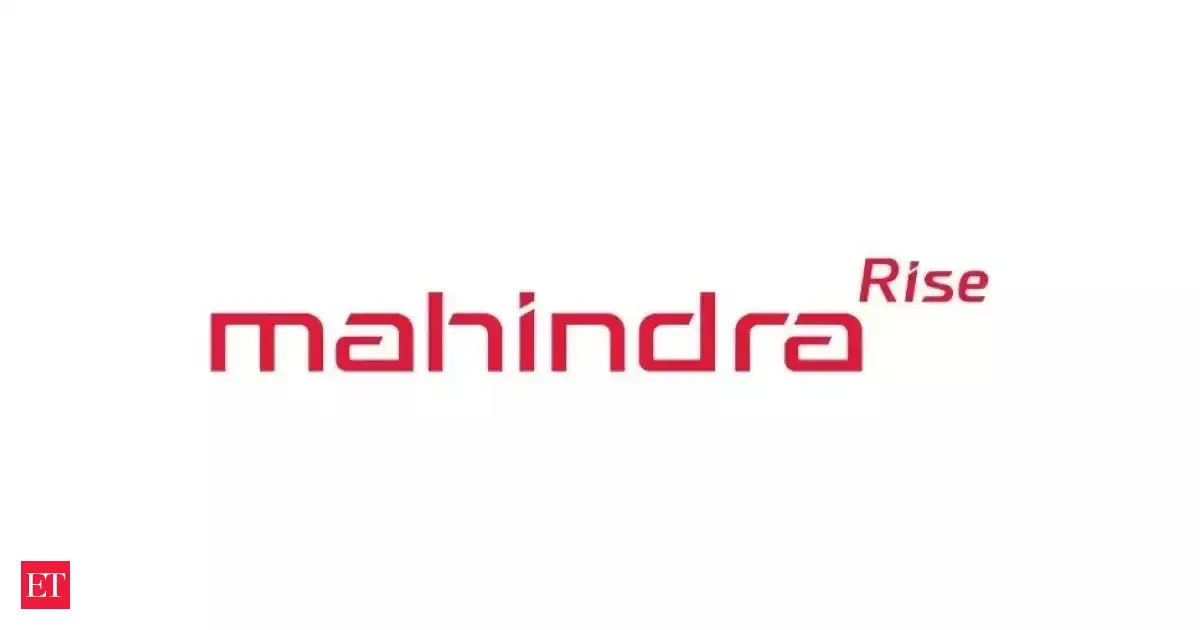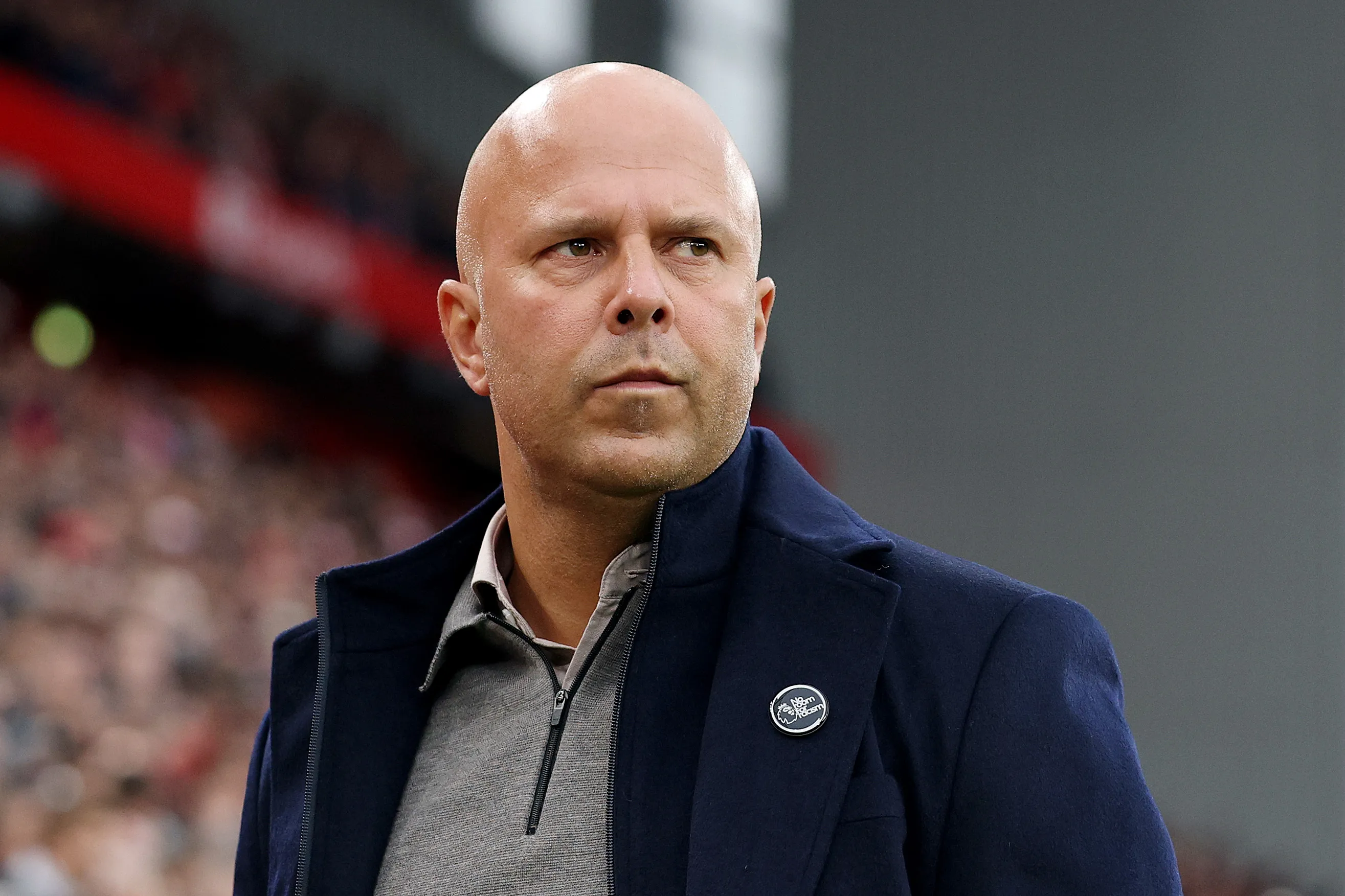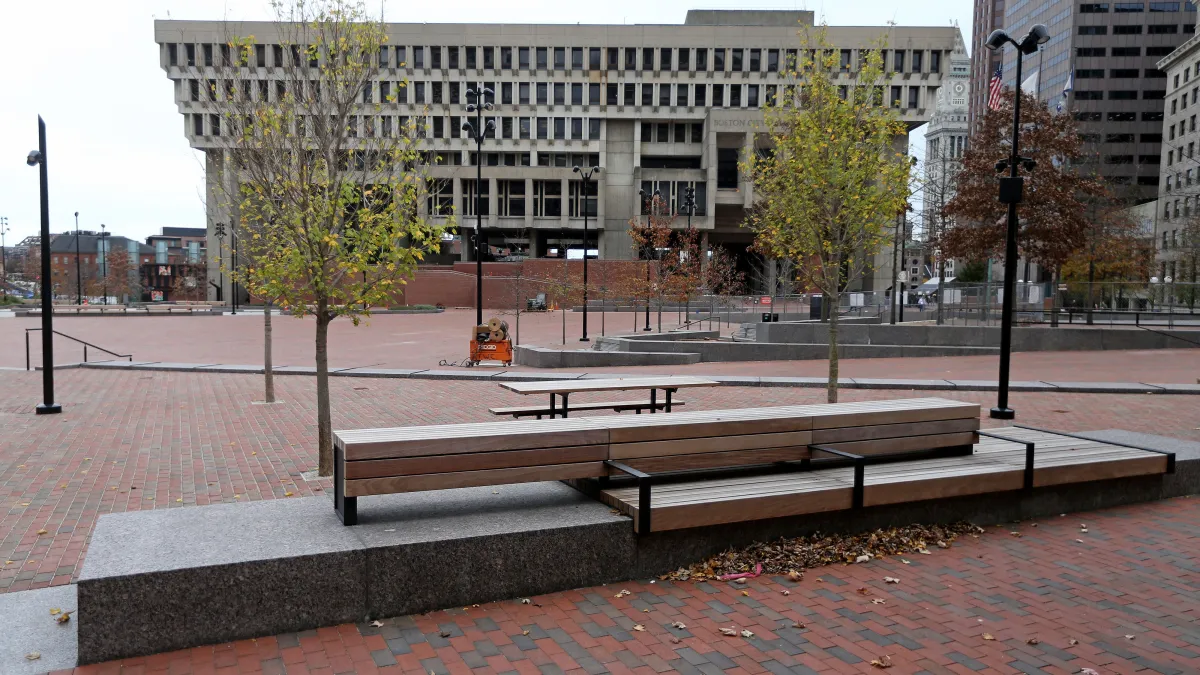Copyright cityam

The tax hikes announced by Chancellor Rachel Reeves in last year’s Budget have contributed to almost 5,000 pubs now being rated at maximum risk and becoming technically insolvent, according to new research. Figures from Price Bailey have revealed that just over 4,7000 pubs are now in that position, a 14 per cent rise on this time last year. Just over 200 of the UK’s 37,800 pubs went bust in the second quarter of 2025, followed by 189 in the third quarter. Matt Howard, head of insolvency and recovery at Price Bailey, placed the blame squarely on this April’s increases to employers’ National Insurance contributions (NICs) and the National Minimum Wage. He said: “The April tax and wage hikes were expected to have a delayed impact, but the insolvency data shows a sharp and immediate effect. “Many pubs had already exhausted their financial buffers and simply couldn’t absorb the additional costs.” Pub industry makes Budget plea The British Beer and Pub Association (BBPA) has urged the government to save “cherished institutions” in the Budget later this month by taking action on spiralling regulatory costs. The BBPA had predicted that one pub will close every day in 2025 – a figure which has so far been surpassed. Emma McClarkin, chief executive of the British Beer & Pub Association, said: “For many, the local pub is a lifeline, not a luxury, and the loss of a pub can have a real and devastating impact. “Heavy tax and regulatory costs [are] often at the heart of why they’ve been forced to shut.” Price Bailey has found that along with the well-documented closure of legacy pub chains and independents, even the expansion of branded pubs owned by craft breweries and theme venues has slowed, with operators “recalibrating” in response to rising costs and uneven demand. “Traditional models are under strain, and even new formats must navigate rising costs, shifting consumer habits, and local viability. The challenge now is not just survival, but adaptation,” Howard said. The industry, which contributes over £34.3bn annually to the UK and supports over a million jobs, has called for a cut in business rates, lower VAT and a reverse or reduction of last Autumn’s tax hikes.



